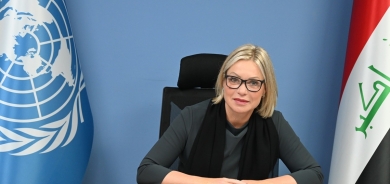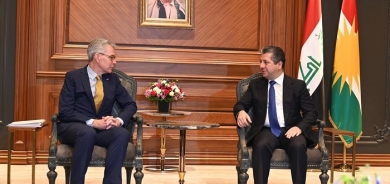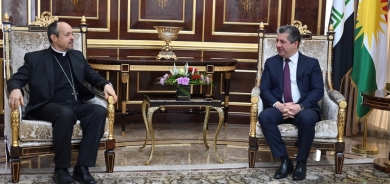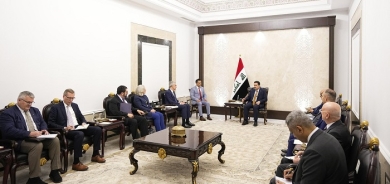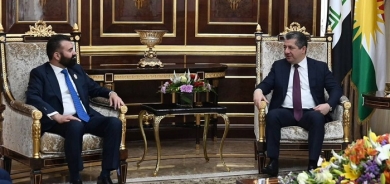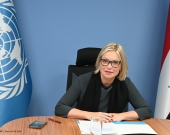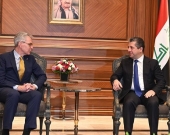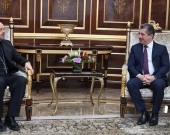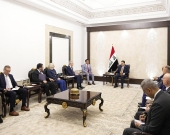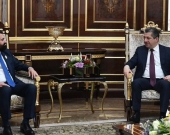Kurdistan Region Launches Joint Pharmaceutical Procurement Project to Improve Healthcare
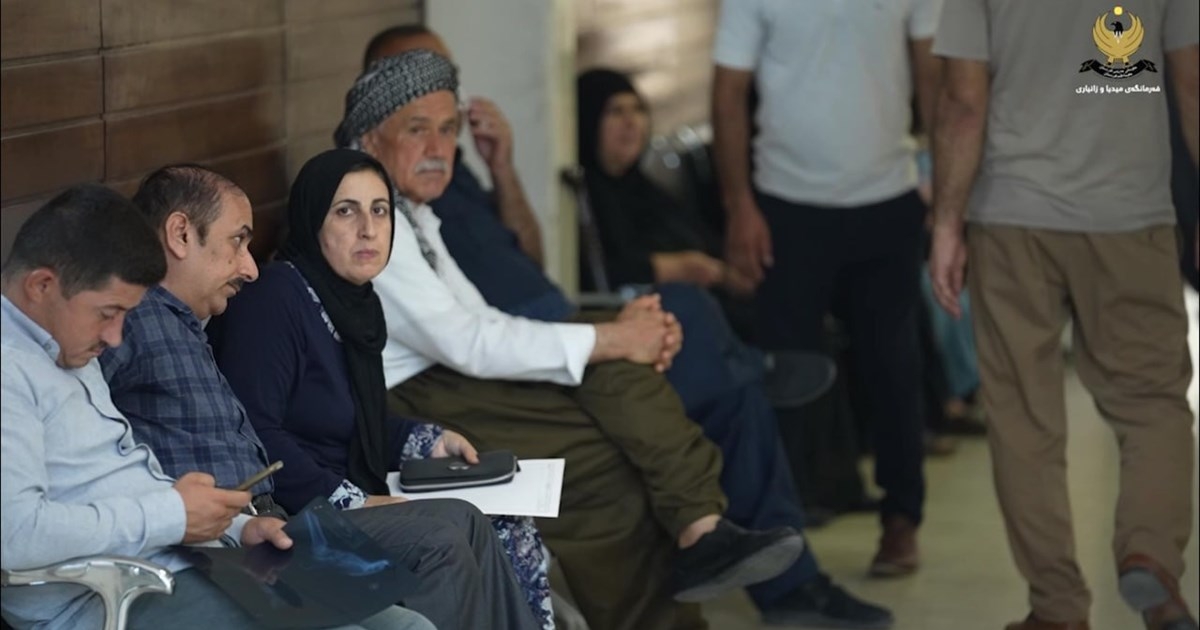
Erbil, Kurdistan Region - In their continuous efforts to enhance the healthcare sector and provide high-quality medicines at affordable prices in government hospitals, the Kurdistan Regional Government has unveiled a joint project with several local companies. This project aims to centralize the procurement of medicines in government hospitals across all provinces and autonomous administrations within the region, with the goal of addressing shortages and preventing patients from purchasing expensive medications from private pharmacies.
Dr. Saman Barzangi, the Minister of Health in the Kurdistan Regional Government, stated, "Through the Cabinet's advisory team, we have closely monitored the joint pharmaceutical procurement project over the past year. If the same medicine is purchased at the same price and quality for all cities and towns in the Kurdistan Region from a single source, the medicine will be better and cheaper, and the contract will have a longer duration. Most international and local companies can participate in this project."
Through rigorous and continuous efforts, medication prices have been reduced by approximately 27%, resulting in lower costs and higher quality.
Minister Barzangi emphasized, "This project will ensure the availability of 156 types of high-quality medicines, some of which are related to chronic diseases, at reasonable prices in public government hospitals."
He added, "This project will significantly reduce the shortage of medicines because the shortage had several reasons. Some companies had contracts, and to enter into new contracts, the contract duration has been reduced to two years. Additionally, there were financial problems, as some companies were avoiding selling medicines to the government due to delayed financial settlements."
The Minister further explained, "We do not want there to be a significant gap in hospitals, and stopping the procurement of medicines by public administrations and immediately starting with new contracts could create a gap and disrupt the process. Therefore, we aim to work on the new project in parallel with the old system."
While general directorates of health currently purchase medicines through tenders, new procurement and supply methods will be introduced. These new approaches will allow for future medicine supply through realistic and practical contracting methods, ultimately ending the problem of medicine shortages in the public sector.
Ten local companies are expected to participate in this project, and legal frameworks have been established to ensure timely financial settlements. Moreover, the implementation of the new project is projected to reduce healthcare sector expenditures by 35%.

